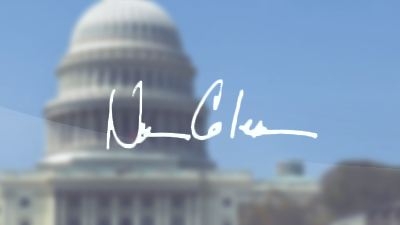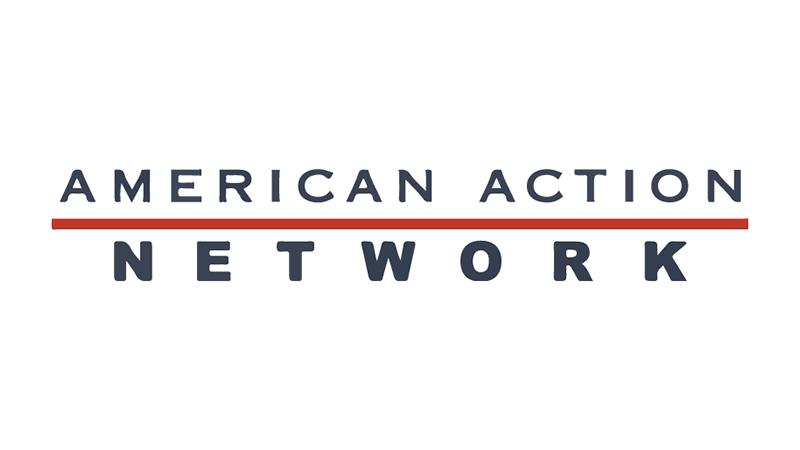Note From Norm: A Civil Society In A Divided America
We end the Labor Day Weekend with a clear understanding that what comes next in American life is a mad dash to the November Elections.
That mad dash will be filled with the gnashing of teeth so mighty that it will drown out any semblance of public debate, discussion or dialogue over the great issues facing America.
The beautiful voices of bipartisan celebrating of the life of John McCain had barely finished echoing throughout American life when members of Congress returned to Washington, D.C. and promptly began pummeling one another.
Each side seeking partisan political advantage over one another, neither side listening to one another, no side willing to acknowledge that the other side has a perspective worth listening to.
Yet, this poisonous virus hasn’t just infected our nation’s Capital.
It has taken hold at every level of American government. From School Board to City Council to County Boards to State Legislatures to our Judicial Branch.
We see it online on virtually every social media platform that exists today.
My life has been in, on and around the public stage for as long as I can remember.
I am no shrinking violet. I live under no pretense that politics is anything but a contact sport. It always has been. It always will be.
Nor do I hold myself up as an innocent who hasn’t contributed to the atmosphere of rhetorical excess that has undermined our civil society in an era where the world needs America to be more of an example of one than less of one.
In 2008, as the campaign for U.S. Senate between Al Franken and I came to a brutal end, with both sides lobbing terrific attacks against one another, I made a decision to end the negative attacks my campaign was waging against Franken.
Many of my advisors, including a lot of people in Washington, D.C., criticized that decision.
Democrats scoffed at it. The media rolled their eyes at it.
While I could not control the actions of others who continued their attacks on Franken I made the decision that, win or lose, I would end my campaign with a level of dignity that befitted the office of the United States Senate.
I didn’t regret that decision then.
I don’t regret decision now.
Any more than I regret the decision I made in the final days of the U.S. Senate race between Walter Mondale and I in 2002 to publicly renounce any efforts by third party groups to attack the Vice President.
It wasn’t a popular decision with many of my advisors. In fact, I recall several of them making it clear to me that the end result would be my defeat.
I went to bed that night at peace with my decision.
In the end it wasn’t me that would decide the outcome of that election but the people of Minnesota.
Which is how it should be.
How it should always be.
Today, on the heels of the celebration of that life that was John McCain, America is at a crossroads.
Our great national purpose stands exposed for the world to see.
Will we be the America that is the shining city on the hill welcoming the world to see us, with all our faults, as the world’s last best hope?
Or, will we prove our adversaries, including former Soviet Premier Nikita Khrushchev, right when he promised that “We will destroy you from within.”
A civil society, one rooted in the rule of law, need not mean America should avoid a bold, boisterous and bawdy debate about issues facing our nation.
In fact, now, more than ever before, we need that debate.
But, each of us has an obligation to ask ourselves if what we say and what we write helps to elevate that debate, or if it diminishes it.
We can challenge ideas, argue against policy, speak out against one’s vision and criticize one’s solutions.
That’s the mark of a free and open society, one that calls upon each of us to be in the arena, engaged and committed to being involved in the future direction of our country.
We should not be timid in participating in that future.
We cannot gloss over our differences, nor should we find ourselves compelled to quash our disagreements.
The greatest threat to America’s future is not our neighbor who we disagree with.
It’s believing that a neighbor we disagree with is our enemy.


